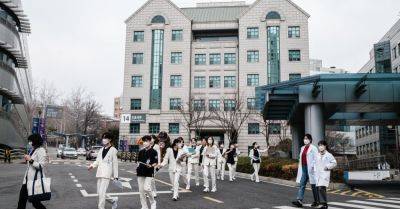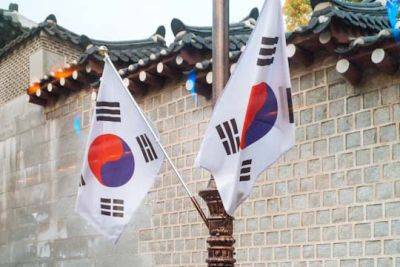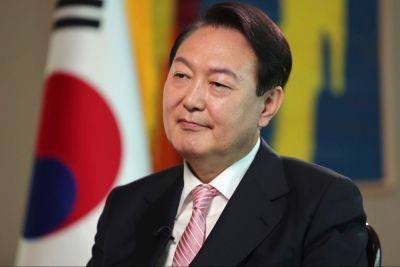Why did Yoon’s party lose in South Korea’s elections and what troubles does he face now?
SEOUL, South Korea (AP) — South Korean voters have handed liberals extended opposition control of parliament in what looks like a massive political setback to conservative President Yoon Suk Yeol.
Some experts say the results of Wednesday’s parliamentary elections make Yoon “a lame duck” — or even “a dead duck” — for his remaining three years in office. Others disagree, saying Yoon still has many policy levers and could aggressively push his foreign policy agenda.
But it’s certain that the election outcome poses the toughest political challenge to Yoon since the former top prosecutor took office in 2022 for a single five-year term.
Here is a look at what the election results mean to Yoon and South Korean politics.
HOW DAMAGED IS YOON POLITICALLY?
Even before Yoon’s inauguration, South Korea’s single-chamber National Assembly was controlled by the liberal Democratic Party. Squabbling with Yoon over a range of issues, Democratic Party lawmakers have frequently limited his domestic agenda.
Yoon badly needed his party to regain a parliamentary majority so they could support his agenda. But his People Power Party and its satellite party only won 108 seats in the 300-member parliament, while the Democratic Party and two other liberal parties took a combined 187 seats.
The incoming parliament has a four-year term, meaning its liberal control will likely continue until after Yoon leaves office in 2027. Yoon’s hold on the ruling party could be subsequently weakened because many members’ loyalty to the president was largely based on their hopes to get party tickets to run for elections.
“He’d be more like a dead duck, rather than a lame duck,” said Park Sung-min, president of Seoul-based MIN Consulting, a political consulting firm.







